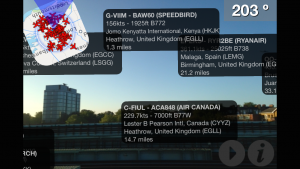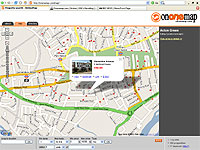I reckon that I’ve learnt enough to build my app. But then something extraordinary happens. I look at my blank code editor and my head empties. I look longer and – by some strange quantum effect, I assume – my head seems to empty further. With the training wheels off, I suddenly feel that I know nothing and am panicked by the sensation. FreeCodeCamp’s Larson chuckles when I tell him about this phenomenon.
“The thing that gets lost,” he says, “and which I think is important to know, is that programming is never easy. You’re never doing the same thing twice, because code is infinitely reproducible and if you’ve already solved a problem and you encounter it again, you just use your old solution. So by definition you’re kind of always on this frontier where you’re out of your depth. And one of the things you have to learn is to accept that feeling – of being constantly wrong.”
Which makes coding sound like a branch of Zen Buddhism.
From Code to Joy by Andrew Smith, 1843 Magazine, June/July 2018.




